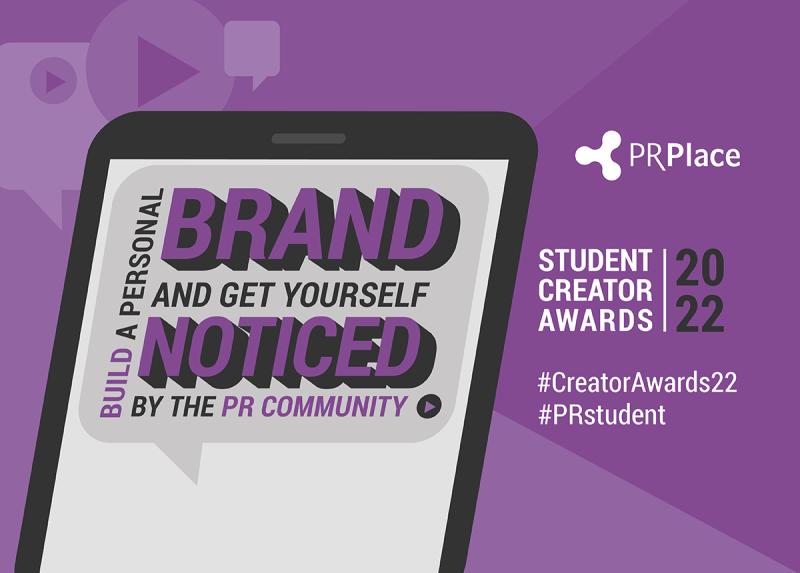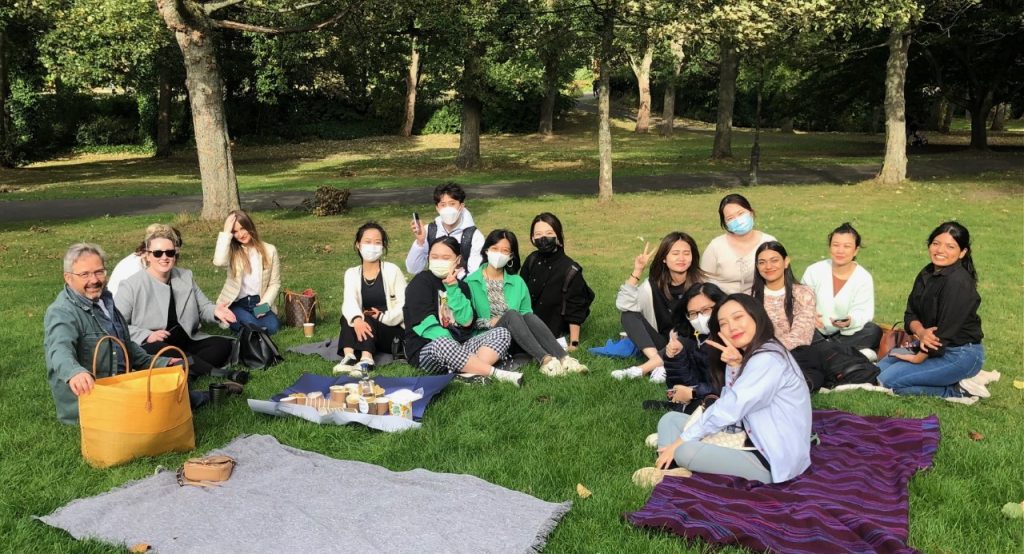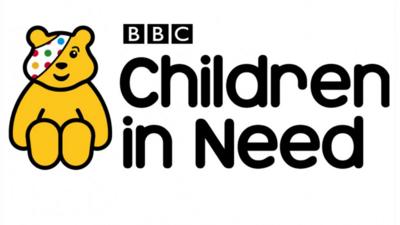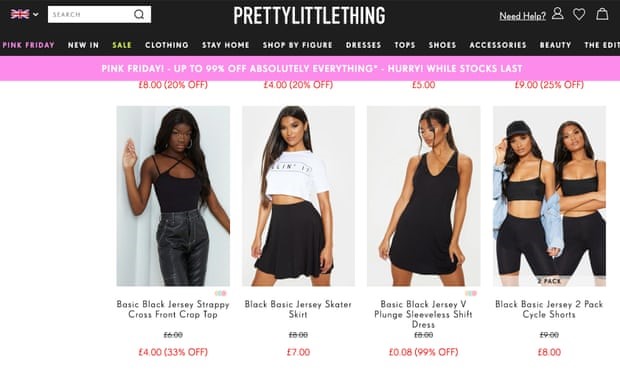“PUBLIC Relations is all about reputation” has been the mantra during our first few weeks of teaching.
But it’s also about communication, content, writing and digital media – all skills that you will learn about and build during your year with us.
And what better way to develop your content writing capabilities than by becoming a PR student blogger?
Every year, PR Academy runs a student blogger competition for everyone enrolled on a PR or comms related course in the UK. This is YOUR opportunity to develop and perfect creative content that will build your personal brand and get you noticed by potential employers.

Traditionally, the #CreatorAwards22 has been dominated by some of our neighbouring universities and colleges, but last year Newcastle students took up the challenge and put themselves proudly on the map.
Among them was Sophie Smith who, while writing for this blog, started to get recognised for her excellent networking and writing skills – including an internship with Stephen Waddington – and is now starting a new role as a Digital PR and Content Executive.
The contest works via the #CreatorAwards22 and #PRStudent hashtags, which picks up any content that PR students have created over the past few days. Then, weekly winners and their universities are announced ahead of an annual ceremony to announce the student PR blogger of the year.
Richard Bailey, editor of PR Academy’s PR Place Insights, said: “We are keen to discover talented content creators from among current UK-based public relations students. We’re looking to identify examples of creative content that support a student’s personal brand and which might appeal to employers.
“This content could be a blog post; it could be a conversation on Twitter; it could be audio or video or photo content. We’ll be sharing a selection of creative content examples each week of the academic year and towards the end of the year we will name a shortlist of creators from which we’ll pick the winners.”
Our students at Newcastle have already made a fantastic start by sharing their experiences of the first week of students by writing a blog post. For example, Jaiqin who told us about becoming a course rep and her desire to volunteer during her studies; Kefan about his love of fish and chips and struggles with the different UK coins; or Sahra who wrote: “I’m in the right place and the right time, and from the deep of my heart I was sure that I made the best decision to start the new chapter of my life with Newcastle University.”
Yumeng wrote a lovely post about our induction week picnic in Leazes Park, which although a breezy day, was a wonderful chance to meet our new students.

Yumeng said: “After the academic session, the tutors organised a picnic in Leazes Park. Many impressions still vivid in my mind, like the lake in the park, the sparkling light of which is also reflected in my heart. Lush trees, waddling geese, police officers patrolled on horseback… We sat on the grass and felt the poetry of nature coming from the wind.”
We have also heard from Huiyun who has been getting to grips with shopping apps and checking out the UK supermarkets; and Qi , who is loving life in the Armstrong Building because it reminds her of Hogwart’s; while Long is learning to rush around between classes – we feel your pain and that’s why you will soon see some changes to the timetable!
Thanks so much to all of you who submitted blog posts about your first week at Newcastle – we really enjoyed reading them.
But now, it’s over to you – get writing, get blogging and use the hashtag #PRstudent or click the link here to find out more about #CreatorAwards22
The past winners list has one distinct absence – can we change that in 2022? Yes we can!




